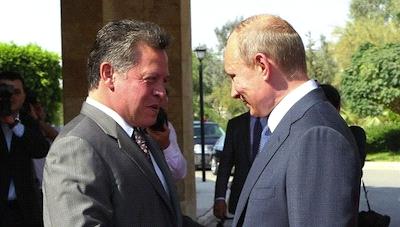-
Top Stories -
Most Popular
-
Jordan's oil bill sees increase by 4.9%
-
RJ planted 1,000 trees to lower its environmental footprint
-
Italian city wants to ban gelato and pizza sales after midnight
-
Jurgen Klopp admits Liverpool need 'crisis' from Man City and Arsenal to win title
-
French President Macron scores penalty in charity match
-
Under pressure Juventus and Milan face off in fight for second place
-
Army carries out 6 airdrops on Gaza with international participation
-
Jordan lifts ban on exporting food commodities
-
Death toll in Gaza rises to 34,305
-
Jordan Condemns Israeli Police Allowing Extremist Settlers' Incursion into Al-Aqsa
-
Customs department thwarts cigarette smuggling attempt
-
Army carries out 7 airdrops on Gaza with international participation
-
Jordanian tourism departures surge by %25.3
-
Oil settles slightly higher as Iran plays down reported Israeli attack
-
Warm weather almost countrywide on Saturday
-
Kuwait Ambassador: Volume of Kuwaiti investments in Jordan amount USD 20 billion
-
Madaba Governorate prepares to welcome King on Monday
-
PDTRA lowers Petra's entry ticket fees for non-Jordanians
-
COVID patient’s infection lasts record 613 days
-
Dead Sea Ultramarathon to close roads on Friday
- no comments
Notice
All comments are reviewed and posted only if approved.
Ammon News reserves the right to delete any comment at any time, and for any reason, and will not publish any comment containing offense or deviating from the subject at hand, or to include the names of any personalities or to stir up sectarian, sectarian or racial strife, hoping to adhere to a high level of the comments as they express The extent of the progress and culture of Ammon News' visitors, noting that the comments are expressed only by the owners.
Ammon News reserves the right to delete any comment at any time, and for any reason, and will not publish any comment containing offense or deviating from the subject at hand, or to include the names of any personalities or to stir up sectarian, sectarian or racial strife, hoping to adhere to a high level of the comments as they express The extent of the progress and culture of Ammon News' visitors, noting that the comments are expressed only by the owners.
| name : * | |
| comment : * | |










 comment replay
comment replay 